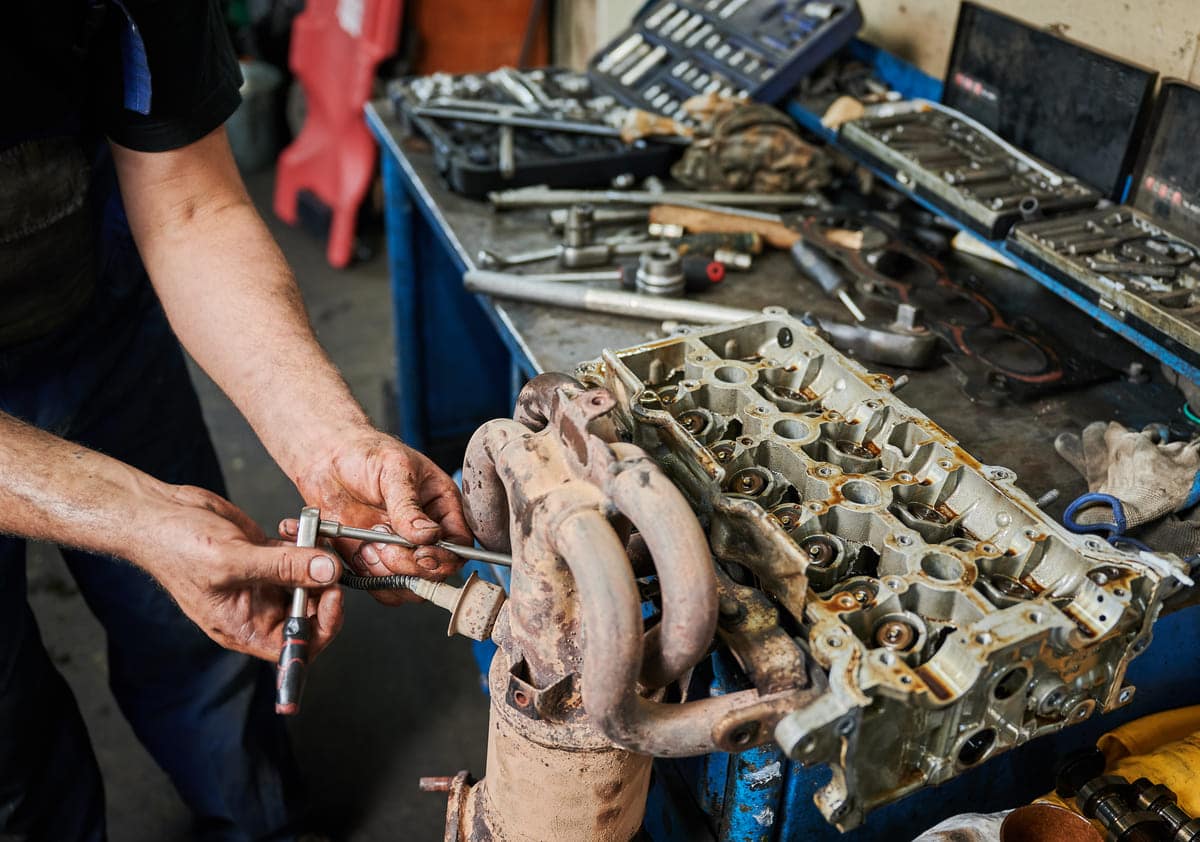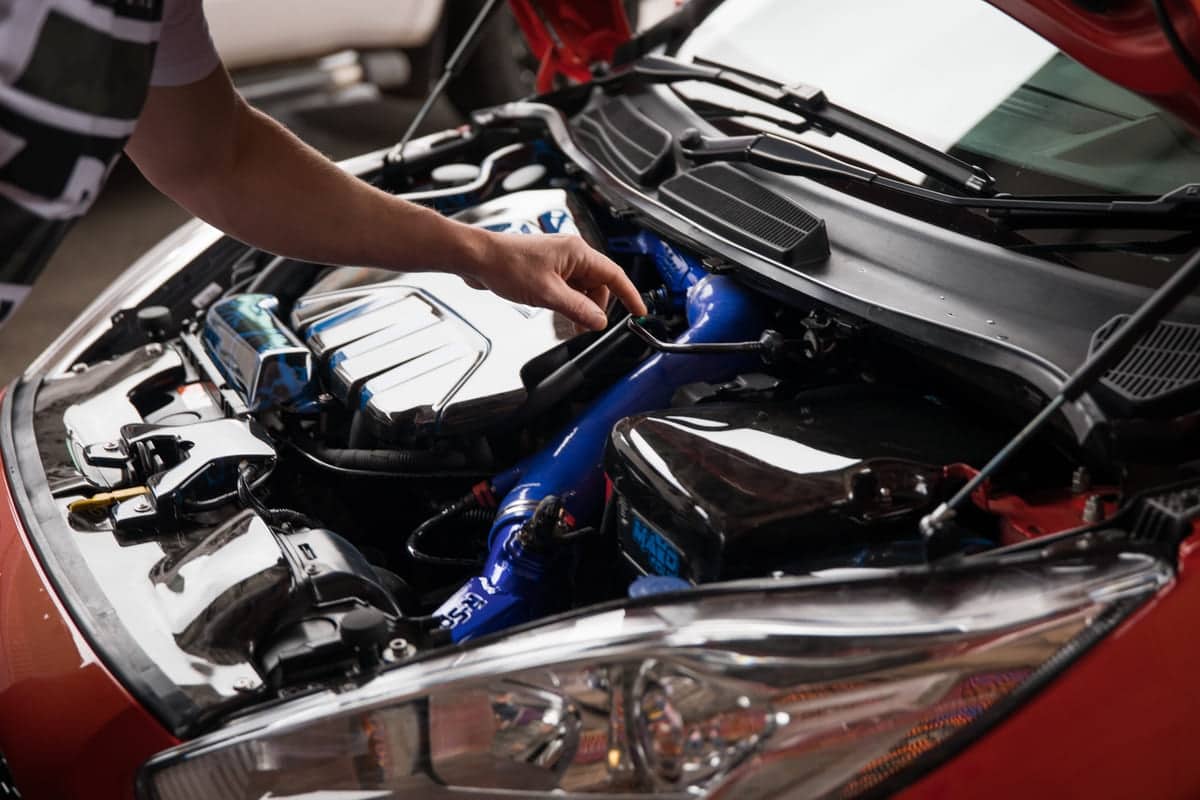Engine tuning is key to unleashing vehicle potential by precise adjustments and custom modifications. It’s a range of techniques to tailor characteristics to suit driving style and conditions so performance and fuel efficiency in all automotive applications.
What is an Engine Tuning?
Engine tuning or remapping adjusts engine settings for better performance. It changes how the engine computer manages fuel and air intake. This makes the car run better.
Engine tuning is speed, power and fuel economy. By tweaking these settings drivers get a smoother ride. Car enthusiasts use tuning to customize their driving experience. It makes cars faster and more responsive.
Tuning is popular because it improves engine efficiency. Mechanics use special tools to do these adjustments safely. Knowing engine tuning will make you appreciate its benefits.
References
- Engine Tuning. Wikipedia. Retrieved from
- Engine Tuning & ECU Remap. Book My Garage. Retrieved from
What Do Engine Tuning Change?
Engine tuning changes several parts of a vehicle’s performance. Here are the main areas it affects:
- : Tuning adjusts how much fuel goes into the engine. This balances power and fuel efficiency.
- : It changes when the spark plugs fire. Proper timing is power and engine knock prevention.
- Air Intake: Tuning changes how much air the engine takes in. More air = more power.
- Turbo Boost: For turbocharged engines, tuning manages boost pressure. This is power without engine damage.
- Rev Limiters: It adjusts the maximum engine speed. This allows the engine to rev higher.
- Throttle Response: Tuning makes the engine respond faster to the gas pedal. This is smoother acceleration.
- Torque: Engine tuning can increase torque so the vehicle has more pulling power and acceleration.
These changes makes the vehicle faster, more efficient and to the driver’s preference.
What is the History of Engine Tuning?
Engine tuning started with early automotive pioneers making manual adjustments. In the 1920s and 1930s racers tweaked engines for power and laid the foundation for tuning. Post-WWII the hot-rod movement in the 1940s and 1950s brought innovation.
Enthusiasts used hands-on methods to improve car performance. The 1960s saw the rise of performance tuning with the hot rod culture in the US. Technological advancements like electronic ignition systems emerged in the 1970s.
By the 1980s computerized engine control units (ECUs) allowed for more precise tuning. Modern tuning uses remapping for more power and efficiency.
References
- What is Engine Tuning? A Beginner’s Guide. Tires and Terrain. Retrieved from
- Engine Tuning. Wikipedia. Retrieved from

Why is Engine Tunning Essential for your Vehicle?
Engine tuning is important to keep your vehicle in top condition. It makes your car run smoother and more efficient. Tuning maintains your car’s performance and longevity. Here’s why:
- Better Performance: Tuning increases your car’s power and speed. By adjusting engine settings you get better acceleration and a more responsive drive.
- Better Fuel Efficiency: Proper tuning makes your car use fuel more efficiently. This means you can go farther with less gas, save money.
- Longer Engine Life: Regular tuning reduces engine wear. It keeps components in good condition, extends engine life.
- Environmental Benefits: Tuning lowers emissions from your car. This reduces pollution, makes your vehicle more eco-friendly.
- Customization: Tuning allows you to adjust settings to your driving style. Whether you want speed or efficiency, it’s customizable.
Engine tuning isn’t just about power; it’s about the overall driving experience. Regular tuning keeps your vehicle in top shape.
References
- Reasons Why Engine Tuning Is Essential for Your Car. Medium. Retrieved from
How Much Does it Cost for Engine Tunning?
Engine tuning cost varies depending on the your vehicle. Basic ECU tuning cost between $200 to $500. This adjusts the car’s computer for better performance. Advanced ECU tuning which includes custom settings cost between $500 to $1,500.
Performance parts like exhausts or intakes cost $500 to $2,000. A turbo or is more expensive, $2,000 to $10,000. Dyno tuning which uses a for precise adjustments cost between $300 to $1,000. Knowing these cost helps you plan your budget for engine tuning.
References
- What is Engine Tuning?. Rhino Remaps. Retrieved from https://rhinoremaps.co.uk/what-is-engine-tuning/


